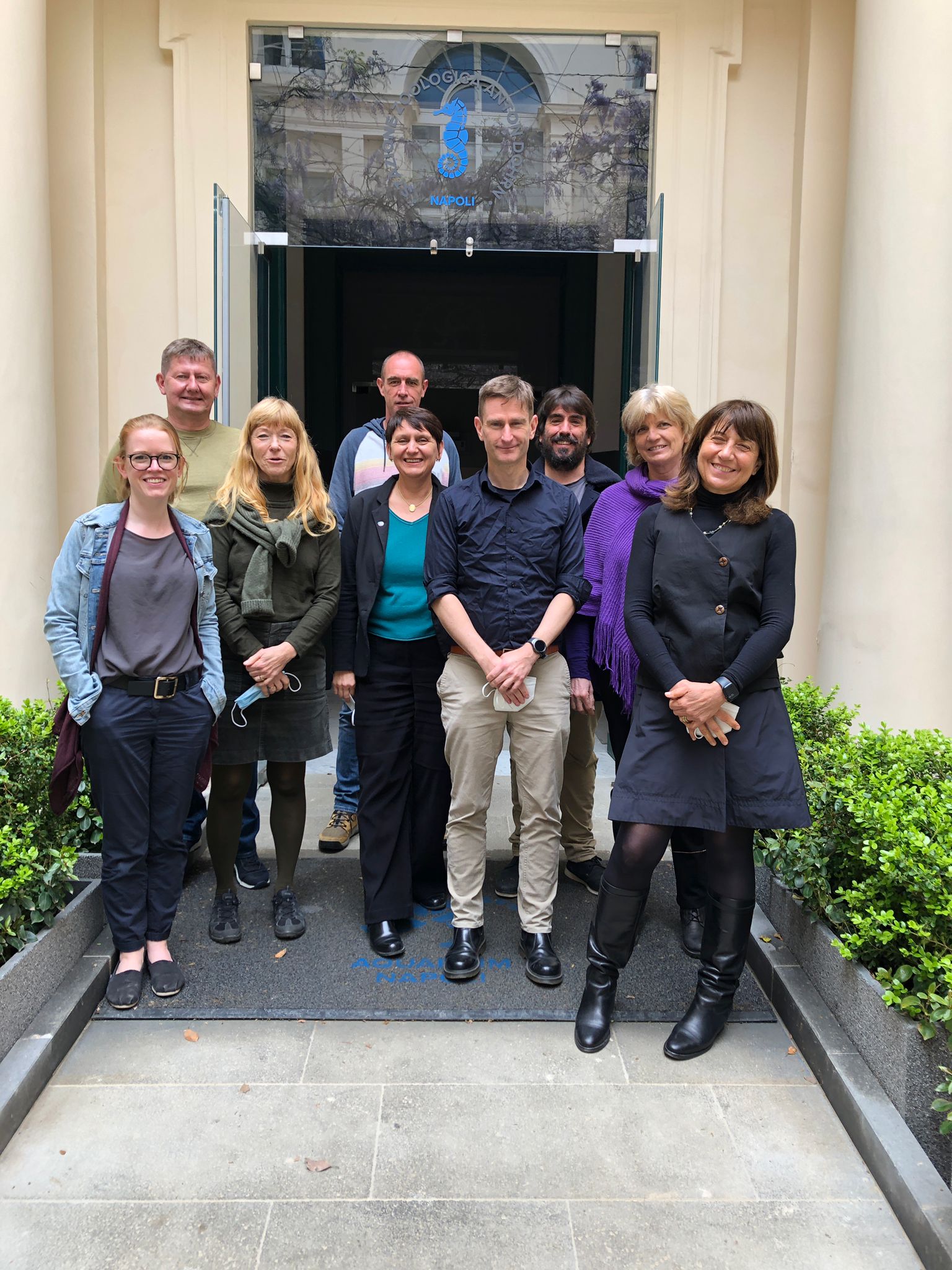
Accurate and extensive marine habitat maps are essential to support policies to help deliver the ambitious plans of the European Green Deal of scaling-up blue economy activities and simultaneously protecting and restoring marine ecosystems as part of the EU 2030 Biodiversity Strategy. Habitat maps are valuable spatial decision-support tools that inform and assist the sustainable use of marine space using an ecosystem-based approach. Marine habitat mapping aims to gain a holistic representation of key marine habitats, their associated biological communities, their areal extent, distribution patterns, status, and physical conditions. Despite many efforts in marine habitat mapping, our knowledge of marine ecosystem status in Europe is still limited, and for many habitats it is still unknown. There is room for improvement, particularly in developing higher-resolution maps that can be enabled using new technologies and improved data quality. Adopting a more biologically-based approach to habitat mapping could help to detect environmental change, reduce the cost of monitoring programmes, and help with environmental impact assessments, marine spatial planning, and with developing coherent networks of MPAs based on ecosystem connectivity. An integrated approach to the definition of habitats is needed, however benthic and pelagic habitats are typically considered independent of each other. Mapping the complexity of benthic and pelagic habitats and entire ecosystems, including their species, communities and interlinkages, such as benthic-pelagic coupling, is a priority so that marine policies and management plans can be based on the structure and function of ecosystems in four-dimensions, i.e. over time.
The new EMB working group on Marine Habitat Mapping will aim to highlight the science and policies needed to advance marine habitat mapping to fulfil the objectives of the European Green Deal, the EU Biodiversity Strategy for 2030, and international commitments on biodiversity and climate. The working group will also make links to the societal outcomes of the UN Decade of Ocean Science for Sustainable Development.
The working group members are:
Chair: Simonetta Fraschetti, University of Naples Federico II & Stazione Zoologica Anton Dohrn (SZN), Italy
Co-Chair: James Strong, National Oceanography Centre (NOC), UK
Eimear O’Keeffe, Marine Institute (MI), Ireland
Maria Salomidi, Helenic Centre for Marine Research (HCMR), Greece
Timm Schoening, Helmholtz Centre for Ocean Research (GEOMAR), Germany
Federica Foglini, Institute of Marine Science (CNR-ISMAR), Italy
Helen Lillis, Joint Nature Conservation Committee (JNCC), UK
Jorge Goncalves, Centre of Marine Sciences of the Algarve (CCMAR), Portugal
Georg Martin, Estonian Marine Institute, University of Tartu, Estonia
Mats Lindegarth, University of Gothenburg, Sweden
Lene Buhl Mortensen, Institute of Marine Research (IMR), Norway
Lenaick Menot, Ifremer, France
José Manuel González-Irusta, Spanish Institute of Oceanography (IEO), Spain
António Pascoal, Instituto Superior Técnico (IST), Portugal
The working group will develop a Future Science Brief, expected to be published in 2023.
You can find out more about this working group here.